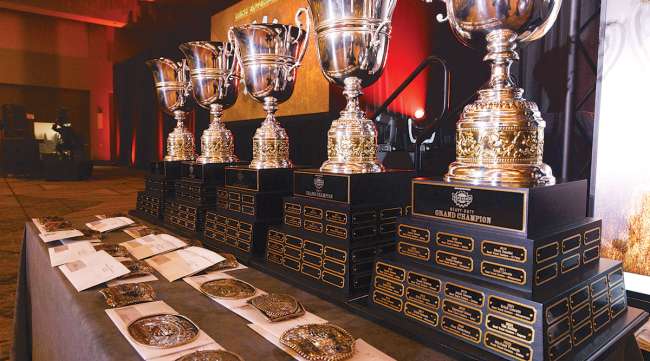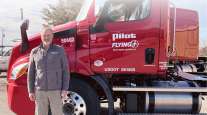Features Editor
Verifying Safety of Rear Impact Guards Can Be Complicated

[Stay on top of transportation news: Get TTNews in your inbox.]
When a jury issued a $462 million judgment against Wabash National Corp. last fall, many fleet maintenance managers were concerned. The lawsuit centered on two people who died instantly when their vehicle rear ended a Wabash trailer in 2019. The rear-impact guard tore off, causing the vehicle to go under the trailer.
On the fleet maintenance side, this story epitomized the problems concerning rear-impact guard certification labeling.
One of the points in the jury’s decision in September focused on the guard, deeming it defective. However, Wabash noted the trailer, built in 2004, was in compliance when manufactured. That passing standard of compliance is in the form of a certification label typically located on the guard.
But often, the elements and normal wear and tear of the trailer leave the label damaged or missing. Ensuing Commercial Vehicle Safety Alliance violation notifications proved a matter of consternation to fleet maintenance managers.

Freeze
The jury decision brought that point home.
That flash point is the basis of our lead story in the first-quarter edition of Calibrate, which discusses the next steps the industry must take to find solutions to ensure safe impact guards while verifying compliance.
Moments like these prove that a technician’s job is full of complicated tasks. During the past year, I’ve been fortunate enough to meet several top techs and other leaders to learn more of what goes into the day-to-day operations of auto technology.

Rush
While at Rush Enterprises’ Tech Skills Rodeo in December, CEO W.M. “Rusty” Rush showed his appreciation for commercial truck technicians, deeming the event his “two favorite days of the year.” He reiterated his understanding of the jobs these hardworking men and women perform regularly. For a profession that calls on a certain skill set, there were many folks who came from various backgrounds and career paths. For leaders such as Rush and other fleet execs, it’s important to take that vocation and cultivate it to help the fleet, and most importantly, the person, grow.
And a growing profession it is: The U.S. Bureau of Labor Statistics projects that a career as a heavy-vehicle service technician is one of the fastest-growing positions, with diesel tech positions growing 4% through 2031.
The battle to keep techs is ongoing, but competitions like the Skills Rodeo, TMCSuperTech and other fleet events continue to show that there are many talented people in trucking who are willing to learn more and inspire others through their work.
Want more news? Listen to today's daily briefing below or go here for more info:




